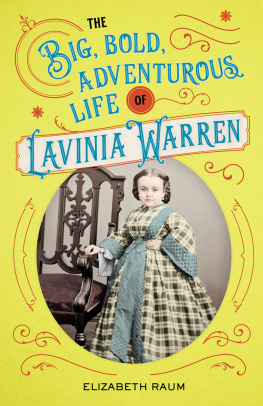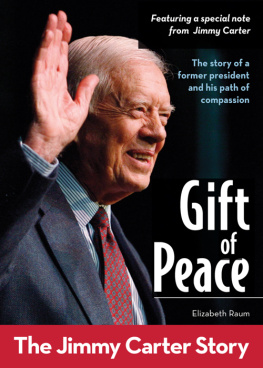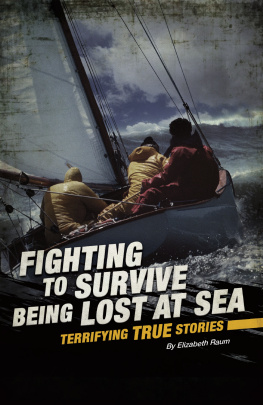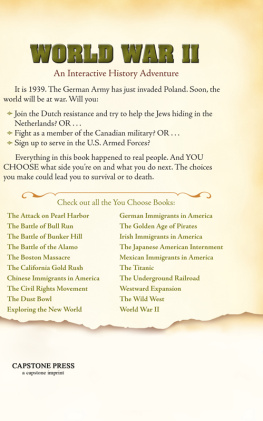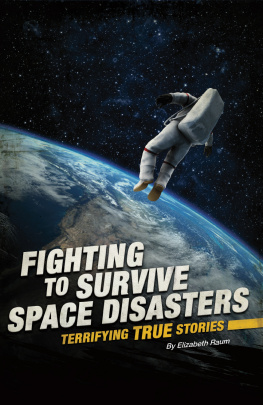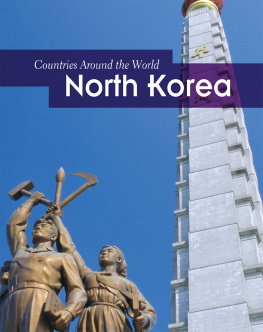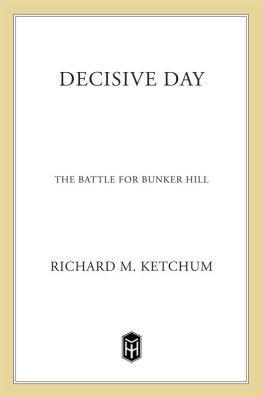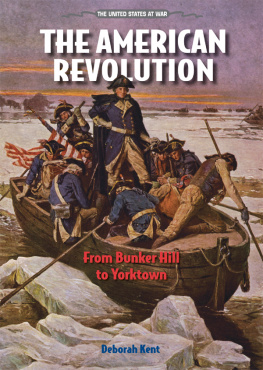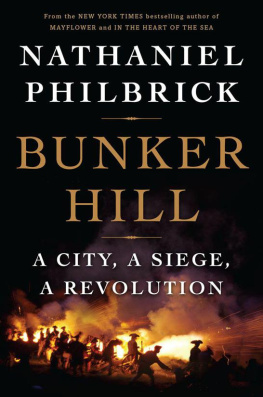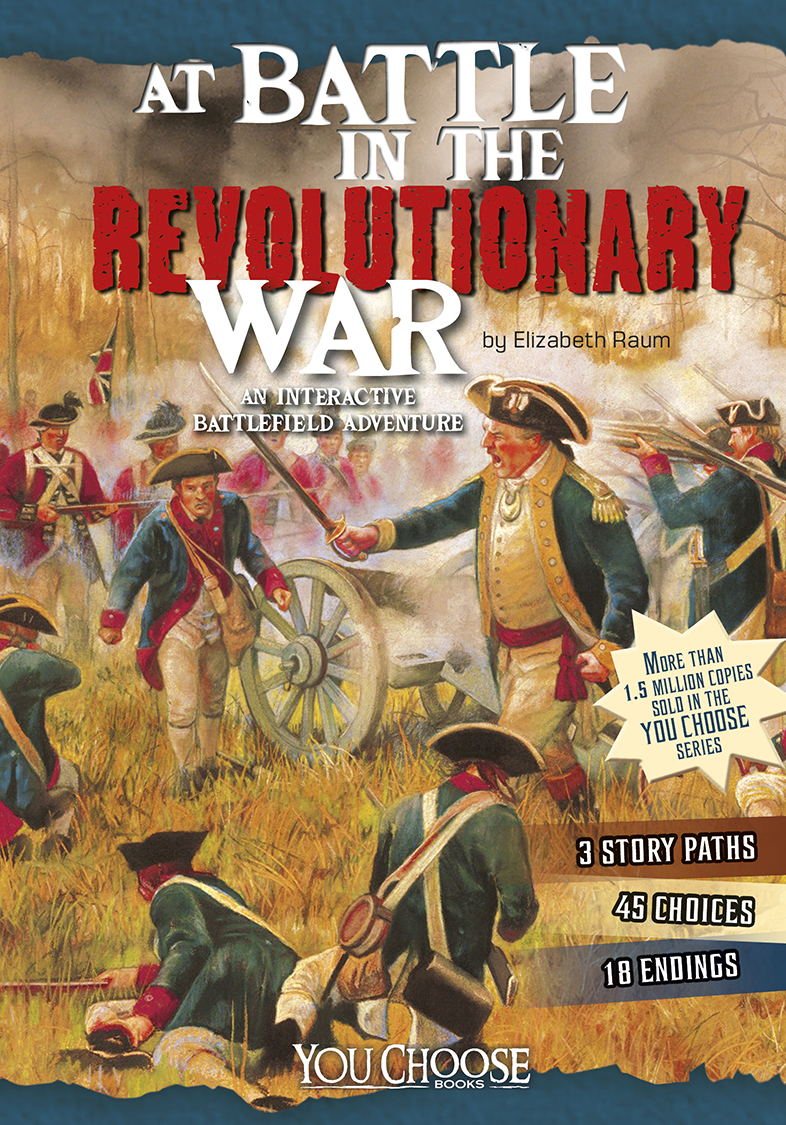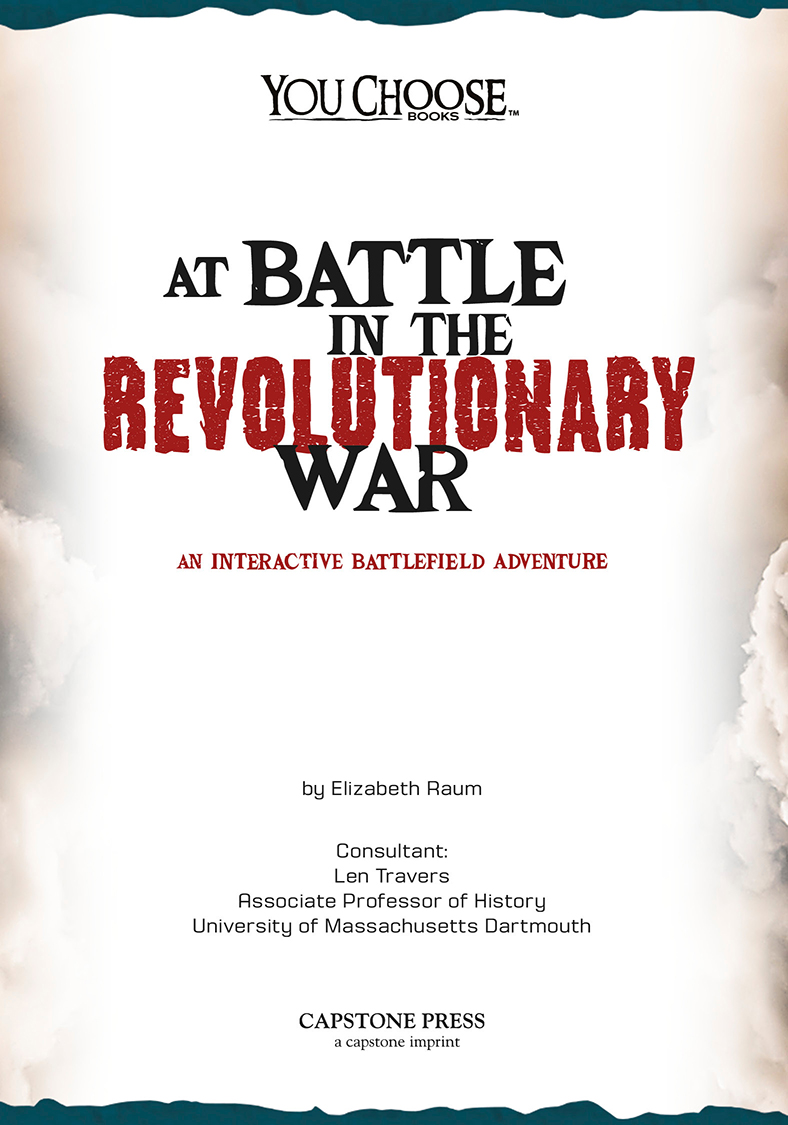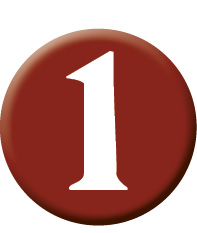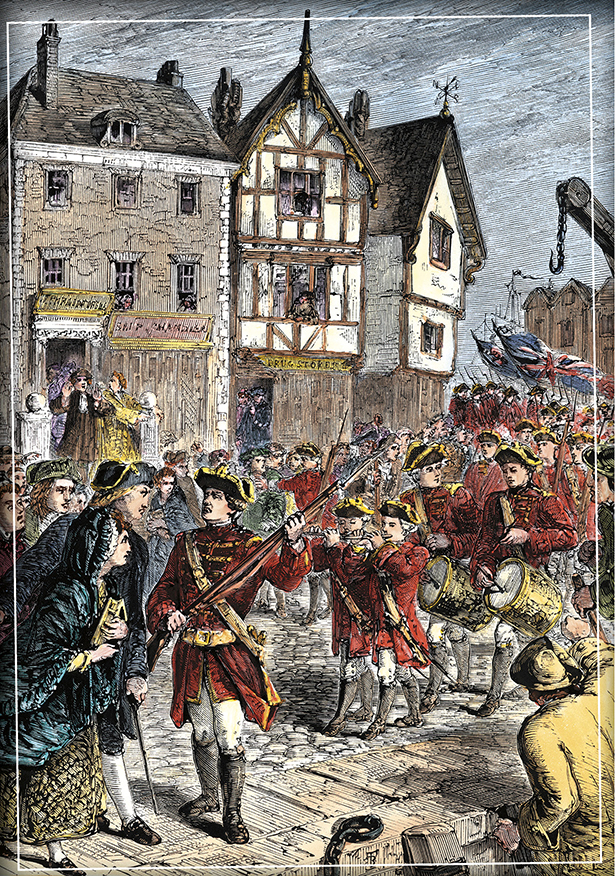For the best You Choose experience,
view in portrait (vertical) orientation.
ABOUT YOUR ADVENTURE
The Revolutionary War (17751783) is also known as the War for Independence. The American colonies fought hard to win their freedom against Great Britain. Battles were bloody and weapons were deadly.
In this book youll explore the choices people made during the Revolutionary War. The events youll experience happened to real people.
Chapter One sets the scene. Then you choose which path to read. Follow the links at the bottom of each page. After you finish one path, go back and read the others. Use your devices back buttons or page navigation to jump back to your last choice. Then try a different link for a new adventure.
YOU CHOOSE the path you take through history.
THE WAR FOR INDEPENDENCE
The year 1765 is a time of change in the 13 American colonies. Great Britain still rules, appointing governors, making laws, and stationing soldiers. But the government also gives the colonists a voice. Communities are allowed to hold town meetings to elect local officials. They can elect representatives to colonial assemblies. These assemblies make laws and resolve property disputes. They discuss the future of the colonies.
After several wars in the colonies against France, Great Britains King George III raises taxes. Keeping the colonies safe is expensive. The king expects the colonists to help with the costs.
Disagreements between colonists and British soldiers led to boycotts, protests, and confrontations.
The colonists dont see it that way. They hold protests and boycotts, refusing to buy British products. The colonists in Massachusetts, led by Samuel Adams and John Hancock, do not accept laws made by the British governor.
King George sends more soldiers to Boston. On March 5, 1770, British soldiers fire into a disruptive crowd, killing five colonists. Patriot Samuel Adams calls this the Boston Massacre.
More protests follow. On December 16, 1773, colonists dump British tea into Boston Harbor. The event becomes known as the Boston Tea Party. The governor, Thomas Hutchinson, is outraged. He asks Great Britain for more troops to help control the rebels.
Disagreements between colonists and British soldiers led to boycotts, protests, and confrontations.
The colonists will not be controlled. They organize the First Continental Congress. Every colony except Georgia sends a representative. At the meeting in Philadelphia in 1774, the Congress asks Great Britain to respect the colonists rights of self-government. Their plea is ignored. In fact, the situation gets worse.
More laws are passed to control the colonists. The colonists prepare for war. Men join the local militia groups and begin to stockpile weapons and ammunition.
British leaders try to maintain order. Thomas Gage, the new military governor of Massachusetts, threatens those who rebel. Many families flee Boston and nearby Charlestown.
Gage orders elite British soldiers to march from Boston to Lexington and Concord. In Lexington they will capture the famous patriot leaders Samuel Adams and John Hancock. In Concord they are to seize gunpowder, cannons, and other weapons.
In the early hours of April 19, 1775, the British soldiers arrive in Lexington. But word has spread, and militiamen wait for them. Guns go off. No one knows who fired first, but that shot becomes known as the shot heard round the world.
By the end of the day, 73 British soldiers and 49 patriot militiamen are dead. Others are wounded or missing. The war for independence has begun.
Everyone is touched by the war, including you. You have the opportunity to participate in three major battles. Which will you choose?
BOSTONS BUNKER HILL
Boston in 1775 is an armed camp. Most of the original 15,000 residents have left the city. Those who remain are either British-supporting loyalists or residents who are unable to leave.
Nearly 9,000 British soldiers, called regulars, are camped in the city. Battleships are anchored in the port of Boston. The most important British generals arrived in May to advise the governor of the Massachusetts Colony.
The Battle of Bunker Hill was a fight between inexperienced patriot militiamen and professional British soldiers.
Thousands of militiamen are camped across the river. They are armed and ready to fight.
The battle is about to begin.
On April 20 an alarm rider speeds past your farm shouting, To arms!
You grab your musket and the pouch sling that hangs nearby. The pouch holds several paper cartridges tied at both ends. Each one is stuffed with gunpowder and a musket ball.
You join some minutemen at Worcester Common. Minutemen are militiamen trained to report for duty in short notice. Ready in a minute, one says with a smile, and off to battle.
Its a two-day march to Cambridge. Once there, you set up camp, drill, clean your musket, and wait. By mid-June militiamen from all over New England have joined you.
Soon it will be past planting season. Your wife, Hannah, cannot tend the farm alone.
Im a farmer, not a fighter, you say to your friend Elias.
This fight is about our families, our farms, and our way of life! Elias counters. His words are a powerful reminder of why you joined the militia.
The atmosphere in the camp has changed. The captain orders you to assemble on the Cambridge Common at 6:00 that night.
Colonel William Prescott is in charge. Several wagons contain shovels, picks, empty barrels, and cages filled with dirt and rocks called gabions. Looks like dirty work, Elias says.
You look down at your homespun clothing, filthy from weeks of camping on the Common. There is no official uniform. Each man carries his own weapon. Most, including you, have muskets. Some have axes or tomahawks.
This way, a commanding officer barks. Were going up Bunker Hill.
It takes time for 1,000 men to cross narrow Charlestown Neck. The neck is only 30 feet wide in some places. It crosses the Charles River causeway and connects Charlestown to Boston. During high tide, the strip of land is underwater, but even then ships cannot get too close. After you cross, you make your way up Bunker Hill.
A causeway prevented ships from getting within 1,500 feet of Charlestown Neck.
When you reach the summit, the officers call a halt. Lieutenant Colonel Prescott, General Israel Putnam, and Lieutenant Gridley are arguing. Gridley is an engineer. Two of the officers want to follow orders and build a fort on Bunker Hill. But Gridley insists on going to Breeds Hill, half a mile southeast. He wins.


